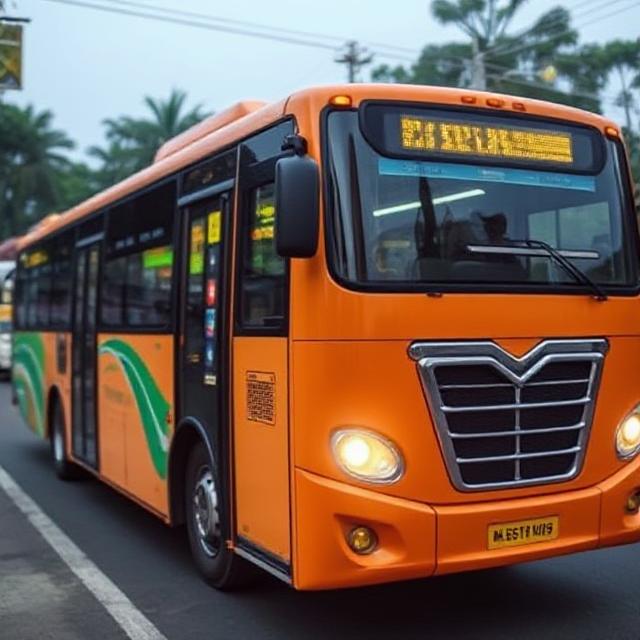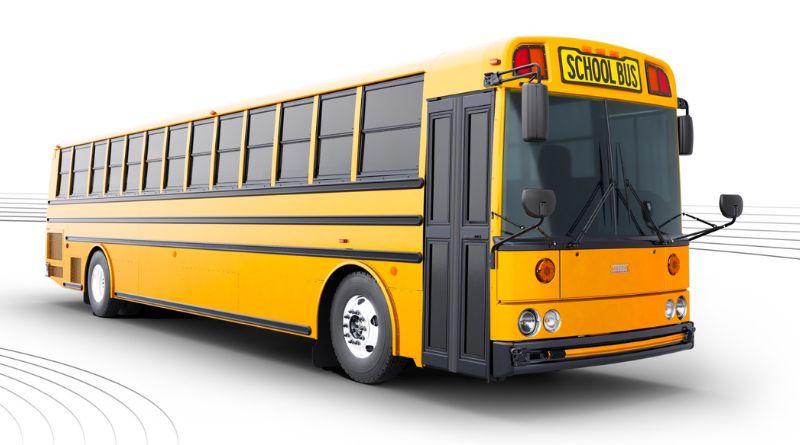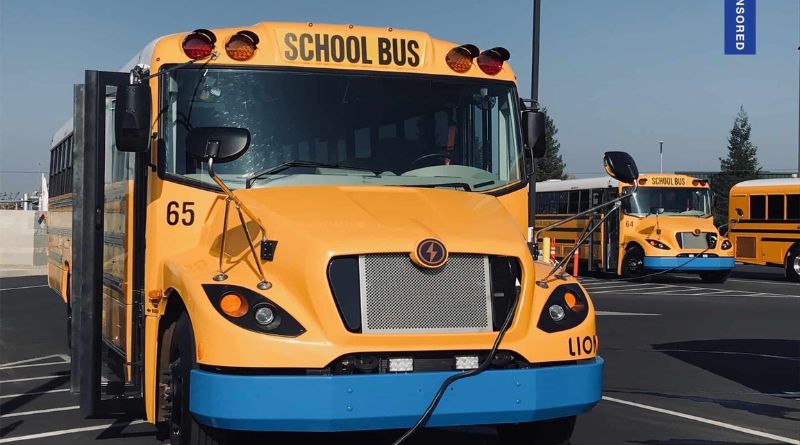India’s public transport system undergoes a green change, and electric buses are at the center of this development. With the government of India committed to emissions of clean zero by 2070, the future of electric buses in India looks incredibly promising. Large cities such as Delhi, Mumbai, Hyderabad and Bangalore have already begun to integrate electric buses into their fleet, aimed at attenuating pollution, reducing fossil fuel addiction and modernizing urban transport.
Government schemes such as Fame II (rapid adoption and construction of hybrid and electric vehicles) and EV-Politics at the state-level accelerate the support. By 2030, India aims to have 30% of its electrified public transport, and buses will play an important role in fulfilling this goal.
10 advantages of switching in electric buses in India
The benefits of electric buses are outside of being environmentally friendly:
- Zero emissions – electric buses do not emit any telecom, which significantly reduces urban pollution in cities.
- Low operating costs – electricity is cheaper than diesel, which saves significant fuel.
- Low noise pollution – electric buses run almost quietly, improving the sounds from the city.
- Government incentive – Under Fame II, subsidy these buses make more financial for operators.
- High energy efficiency – electric motors are converted to more than 85% speed of electrical energy.
- Low maintenance – low moving parts means less wear.
- Smart Tech Integration-Many models come with AI-based systems, tracing of real-time and smart charging facilities.
- Job Creation – Increasing the EV ecosystem promotes employment in production, R&D and charging infrastructure.
- Health benefits – Low pollution means low respiratory diseases among the urban population.
- Better public image – Adoption of green transport improves urban and public trust.
What are the costs of electric buses in India?
The cost of electric bus in India depends on model, battery size and features:
- Standard 9m Electric Bus: £ 85 Lakh to £ 1.1 Crore
- 12 meters InterCity Electric Bus: £ 1.3 Crore to £ 1.6 Crore
- Luxury AC Electric Coach: £ 2 crore and over
While these buses are more expensive than diesel variants (cost, 50-80 lakhs), the total cost of 10 years is often in favor of electricity due to fuel, maintenance and savings in encouragement. The Fame II scheme can reduce the advance costs by £ 15- £ 50 lakhs by simply type and battery size.
Increased network of electric bus charging stations in India
For extensive adoption, electric bus charging stations are important. Fortunately, India expands the EV charging network:
More than 7,000 public charging stations are in operation in early 2025, many of which are compatible with electric buses.
- Depot charging: Charger is common for Urban fleet overnight at the bus depot.
- Possibility of charging: High -power fast chargers are installed at large transit points.
- Battery Change Pilot: In cities such as Ahmedabad and Nagpur, battery exchange stations are tested to reduce shutdowns.
Charging infrastructure is supported by both the government (Discom, Night Aig) and private players such as Tata Power, Fortam and Charjgrid.
What to expect: Ride an electric bus in India
Electric Bus travel experience in India has improved a lot in recent years. Passengers can expect:
- Smooth vibration trips due to the absence of immediate torque and motor vibration of the electric motor.
- Quiet interior, even on the streets of the busy town.
- Modern facilities such as USB charging, air conditioning, digital ticketing and CCTV monitoring.
- Real-time bus tracking via transit apps.
- Informal seating for older and various passengers and the use of low floors.
Cities such as Mumbai (Best), Delhi (DTC) and Bangalore (BMTC) have received positive response from both daily travelers and tourists.
What users say: Electric bus review from India
Electric bus user review reflects increasing public satisfaction:
- Pooja R., Mumbai commuters: “The new best electric buses are very calm and clean. It seems that every morning you should go in the future!”
- Arun M., Bengaluru Teki: “EVS of BMTC is limited and is more comfortable than diesel buses. I have started using public transport again.”Sunita.
These positive user experiences not only run increased riders, but also encourage the city’s officials to expand the EV fleet.











Leave a Reply